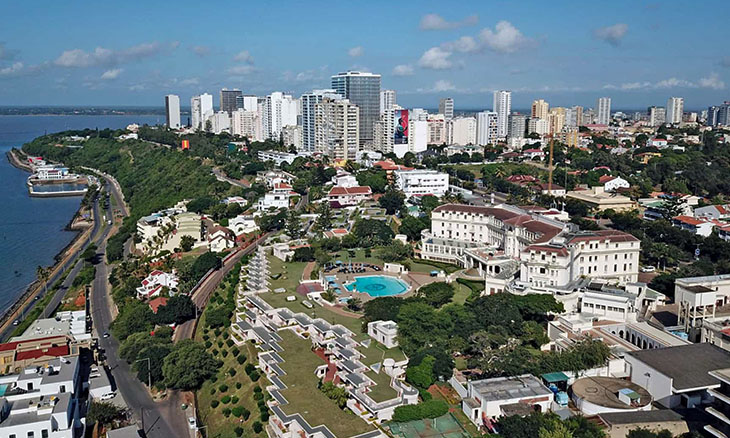Mozambique: Workers demand higher wages on May Day
Fitch lowers Mozambique’s rating to CCC and worsens economic forecasts

FILE - For illustration purposes only. [File photo: O País]
The financial rating agency Fitch lowered Mozambique’s rating to CCC and worsened macroeconomic forecasts for the country following the post-election protests, now forecasting economic growth of 3.2% for this year.
“The disruptions caused by the protests greatly affected economic activity in the last quarter of 2024, through property destruction, looting, strikes, and supply chain and confidence disruptions,” writes Fitch Ratings.
“High uncertainty, a tighter fiscal policy and lack of liquidity in foreign currency will affect growth in 2025, which is expected to be 3.2%, below the 4% previously forecast,” it adds.
In the note accompanying the downgrade of Mozambique’s rating, from CCC+ to CCC, the last level before the Financial Default, Fitch writes that the protests in recent months, which left hundreds dead, “are also likely to have affected the prospects for medium-term investment in sectors other than energy”.
The disturbances felt across the country in the last quarter of 2024 also caused the budget deficit to increase to 6.5% of GDP last year. This should improve to 4.4% this year, but even so, Fitch says that “dealing with the large expenditure on civil service salaries, in a context of social unrest, will be one of the new government’s main challenges”.
With regard to the evolution of the debt-to-gross domestic product (GDP) ratio, one of the main indicators analysed by investors, Fitch says that the pace of reduction will slow down significantly.
“The higher deficits mean that we now expect debt to GDP to fall much more slowly, from 93.8% of GDP in 2024, which compares with the peer average of 68.2%, to 93.4% at the end of 2026, which compares with the forecast of 89.9% made in August [2024],” the Fitch analysis concludes.
For the downgrade of Mozambique’s rating to CCC, decided on February 7, Fitch took all these factors into account, pointing out financial constraints, high risks in domestic debt service, widening of the budget deficit, high public debt and political and social unrest, in addition to a slowdown in economic activity and uncertainty in foreign currency reserves and the resumption of natural gas projects.













Leave a Reply
Be the First to Comment!
You must be logged in to post a comment.
You must be logged in to post a comment.